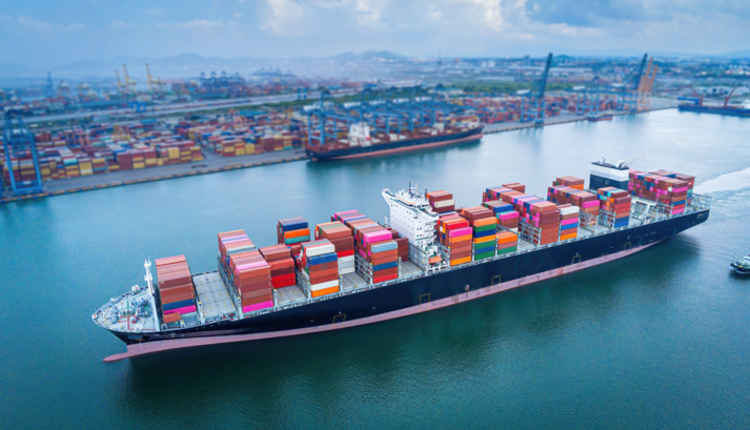
U.S. trade policy has changed significantly since the United States last passed a new free trade agreement (FTA), all the way back in 2011. During the past decade, securing new agricultural market access has become more difficult as it has been frustrated at times by both a lack of support in Washington, D.C., as well as an unwillingness from our trading partners to engage in earnest negotiations.
Although the United States has at times proposed new regional pacts and secured more targeted trade expansions in specific sectors, these proposals were typically seen as unbalanced and ultimately were found to be lacking in terms of political support here at home. Unfortunately, this trend looks poised to continue to the detriment of U.S. dairy producers and exporters.
Despite these headwinds, U.S. dairy (and agriculture) exports have grown exponentially over the last 15 years, due in key part to established FTAs, World Trade Organization access, and more targeted agreements, but also because the growth in consumer demand for our dairy products outside the U.S. has risen in parallel with greatly improved economic conditions since the recession of 2009.
With Donald Trump returning to the White House in January, the National Milk Producers Federation is examining how his second administration may approach trade policy and what it means for U.S. dairy producers.
Comprehensive trade agreements and tariffs
President Trump’s “America First” economic policy was the cornerstone of his trade policy decisions in his first term, and it is a trend expected to accelerate in a second term. The first Trump administration focused on renegotiating the North American Free Trade Agreement (NAFTA) — now the U.S.-Mexico-Canada Agreement (USMCA) — while also securing sectoral trade agreements with China and Japan and a pursuit of FTAs with the United Kingdom (UK) and Kenya. Negotiations with the UK faltered as a result of the enormous complexity of the UK’s exit from the European Union. Discussions with Kenya ended with the change from the Trump to Biden administrations. A resumption of trade negotiations with both could be explored under a second Trump administration in conjunction with Congress passing a renewal of Trade Promotion Authority (TPA) legislation.
New comprehensive trade agreements, or deals announced in specific sectors — along the lines of those pursued under Trump 1.0 — would open new markets for U.S. dairy producers. In contrast, tariff hikes imposed on trading partners invite the potential for retaliatory duties on U.S. dairy exports, exacerbating any competitive disadvantage that American dairy producers might face while reaching international customers.
USMCA review
President Trump’s renegotiation of NAFTA resulted in USMCA in 2020, with newly negotiated aspects of dairy products trade between the United States and Canada featured as a key element of the agreement. As USMCA prepares to enter its six-year mandatory review period in 2026, Canada’s persistent attempts to circumvent its dairy market access and protein export cap obligations will be front and center in the discussions, both on Capitol Hill and within the administration.
The role of Congress
While trade policy is largely driven by the executive branch, Congress will have a significant role in several areas over the next four years. In addition to any TPA discussion, there could also be a debate over China’s Permanent Normal Trade Relations (PNTR) status. Congress will also want to have input regarding the USMCA’s 2026 review process, and a renewal of the trade title of the farm bill will influence dairy’s participation in U.S. food aid programs. Across these issues, the U.S. dairy community will have to make its voice heard to ensure that policymakers prioritize the issues that impact dairy producers and workers on the ground.
These are just a sample of the many trade issues that NMPF, the U.S. Dairy Export Council (USDEC), and their allies will prioritize in the Trump administration. With the backing of more than 26,000 dairy farms and millions of additional workers, NMPF is confident that it will be able to work with Congress and the administration to pursue new market access, resolve harmful barriers to trade, and promote the U.S. dairy industry as the global supplier of choice.








